The Office of Civil Rights Compliance (OCRC) is the IU Northwest campus resource for issues of equity in academic and workplace environments. OCRC advises IU Northwest campus members on practices which ensure compliance and equitable treatment of students, faculty, staff, and visitors.
Events
There are no events at this time.
Resources
Contact Us
Office Hours
Monday ‑ Friday: 9:00 a.m. ‑ 4:00 p.m
Phone Number
219-980-6705
Email Address
Mailing Address
Office of Institutional Equity and Title IX
IU Northwest
3400 Broadway
Raintree Hall, Room 213
Gary, Indiana 46408





